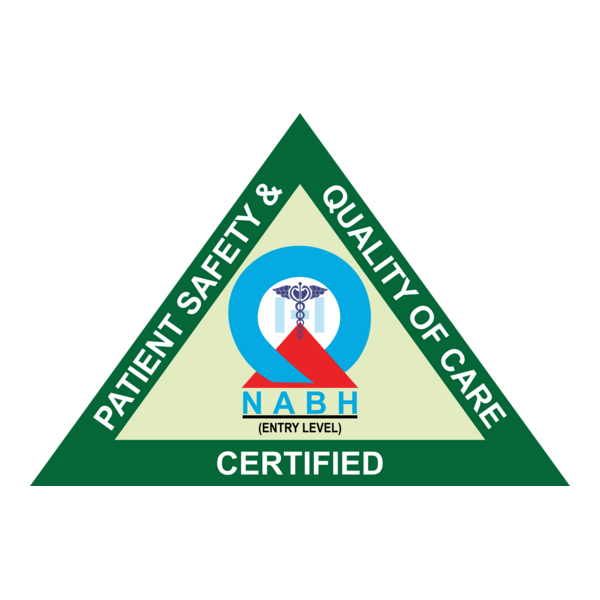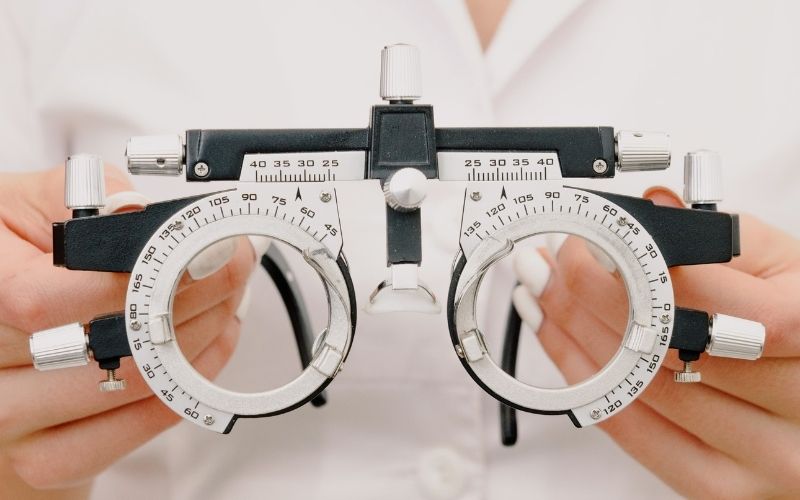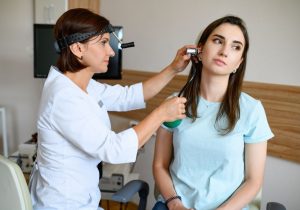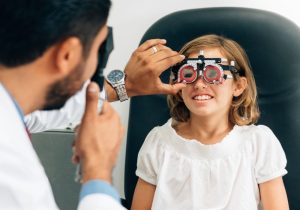Our eyes are vital to how we experience the world, yet many people overlook changes in vision or eye health until it becomes a serious problem. Understanding common eye disorders and their treatments can help you recognize symptoms early and protect your vision.
1. Refractive Errors (Nearsightedness, Farsightedness, Astigmatism)
These are the most common eye problems. They occur when the shape of the eye prevents light from focusing properly on the retina, causing blurry vision.
Symptoms: Blurred vision, eye strain, headaches, or difficulty seeing at certain distances.
Treatment: Prescription glasses, contact lenses, or laser eye surgery (LASIK) to correct the shape of the cornea.
2. Cataracts
A cataract causes the lens of the eye to become cloudy, leading to vision that appears blurry, dim, or yellowed.
Symptoms: Cloudy or blurry vision, difficulty seeing at night, sensitivity to light.
Treatment: Cataract surgery is a safe and common procedure where the cloudy lens is replaced with an artificial one.
3. Glaucoma
Glaucoma is a group of eye conditions that damage the optic nerve, often due to high eye pressure. It can lead to vision loss if untreated.
Symptoms: Often has no symptoms in early stages. In advanced stages: tunnel vision or blind spots.
Treatment: Eye drops, medications, laser treatments, or surgery to lower eye pressure.
4. Age-Related Macular Degeneration (AMD)
AMD affects the macula, the part of the retina responsible for central vision. It mostly affects older adults.
Symptoms: Blurred or reduced central vision, difficulty reading or recognizing faces.
Treatment: No cure, but lifestyle changes, nutritional supplements, and injections may slow progression.
5. Dry Eye Syndrome
This happens when your eyes don’t produce enough tears or the right quality of tears.
Symptoms: Redness, burning, gritty feeling, or blurred vision.
Treatment: Artificial tears, prescription eye drops, or procedures to conserve tears.
Conclusion
Regular eye check-ups are key to early diagnosis and treatment. If you notice changes in your vision or eye comfort, don’t wait—visit an eye care professional to keep your vision clear and healthy.






